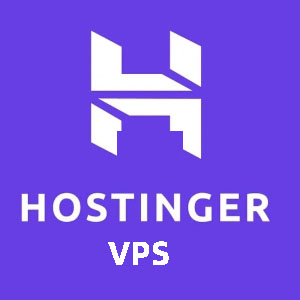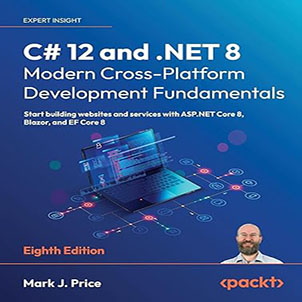Technology-Aware Programming Environment
4:30 – 5:00Quantum Chemistry Algorithms(Ken Brown)
What is the role of Architecture and Software Researchers on the Road to Quantum Supremacy?
Quantum Algorithms and Applications
Peter Shor (MIT) — Known for his work on quantum computation, in particular for devising Shors algorithm, a quantum algorithm for factoring exponentially faster than the best currently-known algorithm running on a classical computer.
Quantum computing is at an inflection point, where 50-qubit (quantum bit) machines have been built, 100-qubit machines are just around the corner, and even 1000-qubit machines are perhaps only a few years away. These machines have the potential to fundamentally change our concept of what is computable and demonstrate practical applications in areas such as quantum chemistry, optimization, and quantum simulation.
2:05 – 3:00Quantum Basics and Algorithm Demo(Ali Javadi-Abhari)
Quantum Computing for Computer Architects, 2nd Ed
Ken Brown (Duke) — Leading researcher in the control of quantum systems for both understanding the natural world and developing new technologies. His current research areas are the development of robust quantum computers and the study of molecular properties at cold and ultracold temperatures.
Margaret Martonosi (Princeton) — co-author of the Scaffold compiler and simulation tools for quantum computing and member of the NASEM (National Academies) study committee on feasibility and implications of Quantum Computing
This tutorial will outline the grand research challenges in closing this gap, including programming language design, software and hardware verification, defining and perforating abstraction boundaries, cross-layer optimization, managing parallelism and communication, mapping and scheduling computations, reducing control complexity,machine-specific optimizations, and many more. Some of these challenges can be approached with minimal quantum computing background and some will require greater depth.
Quantum Computing is Getting Real: Architecture, PL, and OS roles in Closing
1:45 – 2:05Tools for QC Arch Research(Margaret Martonosi)
Links to installation (instructions + tutorial script) are below.Preinstall software before the tutorial.The Docker + Docker image file size is ~7GB, so please start the installation process now.
the Gap between Quantum Algorithms and Machines
Yet a significant resource gap remains between practical quantum algorithms and near-term machines. Software and architectures are what are needed to increase the efficiency of algorithms and machines and close this gap. There is a urgent shortage of the necessary computer scientists to work on closing this gap (there are over 60publicandprivatecompanies trying to hire in this area).
Keynote at ASPLOS 18: Fred Chong is giving a keynote titled,
Quantum Algorithms and Applications
1:00 – 1:15 Install Tutorial Software
Peter Shor will introduce quantum algorithms at this tutorial.
Ali Javadi-Abhari (IBM Research) — co-author of the Scaffold compiler and simulation tools for quantum computing and researcher for IBMs QISkit quantum computing tools and cloud access to IBMs prototype machines.
1:15 – 1:45Intro and Research Challenges(Fred Chong)
Grand Challenges and Research Tools for Quantum Computing
We will introduce the basic concepts and resources to enable researchers to begin to delve into these challenges.We will also introduce quantum algorithms of near-term significance.
4:00 – 4:30Quantum Approximate Optimization Algorithms(Peter Shor)
Program Verification, Debugging, and QC Simulation
Finally, we will provide an overview and hands-on experience with an end-to-end set of software tools from a high-level programming language to running experiments on cloud-access IBM quantum machines. These tools will be a combination of theScaffold Quantum Programming Language/Compilerand theIBM QISkit tools and interfaces.
Keynote at HPCA 18: Margaret Martonosi is giving a keynote titled,
Program Verification, Debugging, and QC Simulation
3:00 – 3:30 Experiment with Basic Algorithms
5:00- 5:30 Experiment with Chemistry Demo
This tutorial will be highly interactive. Participants will install our tools and work with code examples running on real quantum hardware at IBM, all organized within Jupyter notebooks, throughout the afternoon.
Participants will run code (remotely) on physical IBM quantum computing hardware in this tutorial.
Fred Chong (UChicago) — co-author of the Scaffold compiler and simulation tools for quantum computing and a synthesis lecture on quantum computing for computer architects.
Technology-Aware Programming Environment



